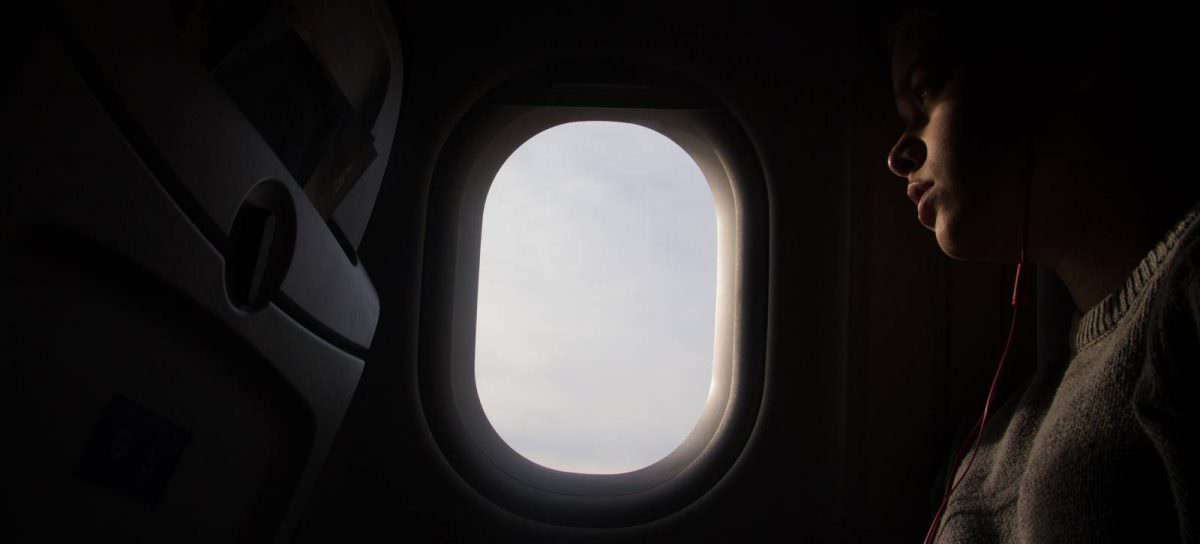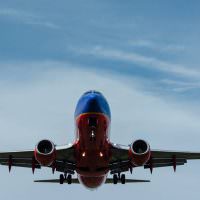Anxiety can be tough enough to handle on its own, but there are a range of contributing factors that can make coping even more difficult. For example, diet, rest, and exercise (or a lack thereof) can all put stress on your body and mind. However, the experience of flying can exacerbate your anxiety by taxing your body with additional fatigue. This is in addition to what is commonly perceived as “jet lag.”
The vast majority of travelers recognize the condition of jet lag as an, “alteration to the body’s circadian rhythms resulting from long distance east-west travel.” Essentially, when you travel east or west, you likely change multiple time zones. As a result, your body clock or circadian rhythm falls out of sync. You are thereby forced to eat, sleep, wake, etc. at a new time to which your body is not accustomed. This often results in either a lack of sleep, difficulty falling asleep, early awakening, or some combination thereof. Symptoms of this disruption also include fatigue, headaches, etc. All of this can make coping with stress, anxiety, or the experience of flying all the more difficult.
The flight itself can cause you to feel even more tired, in addition to the side-effects of changing time zones.
However, there is yet another component of the flying experience that often goes overlooked. The flight itself can cause you to feel even more tired, in addition to the side-effects of changing time zones. Ordinarily, people spend most of their time sitting, laying, or standing on the ground. Aside from some walking or other activity, we spend most of our days and nights staying relatively still.
Conversely, our body’s senses are almost always active. Our brains work to incorporate information that comes in through our eyes, ears, nose, and other senses in order to complete our awareness and understanding of our environment. Each of these senses are finely tuned to detect movement, sounds, smells, and touch. If we are sitting still, our senses and our ability to process them are much sharper. When we are moving, it takes more energy and focus to monitor and perceive what’s happening around us. Worse yet, if we are immersed in a setting with constant noise, movement, smells, etc., then our body and mind are constantly active and must work even harder in attempting to process the information that is being observed.
The environment on an airplane is a smorgasbord of sensations. Sitting in the cabin, we are constantly moving, seeing a host of sights, and hearing a variety of sounds. This virtual downpour or constant flow of sensations can be very taxing on your body and mind. Knowing this, it becomes easier to understand why people feel so much more tired or fatigued after spending a few hours on board an airplane. Even though they were just sitting there reading, watching TV, or chatting for several hours and not actively moving or consciously thinking, their body feels much more fatigued than usual. This is due to that constant stream of motion and sound.
Much like how diet, rest, and exercise can influence your anxiety, fatigue makes coping with the experience of flying or the negative emotions even more difficult.
Much like how diet, rest, and exercise can influence your anxiety, fatigue makes coping with the experience of flying or the negative emotions even more difficult. However, being aware of this contributing factor can help you better understand why you feel the way you do. And the more you understand, the more prepared you will be to successfully overcome your anxiety.



